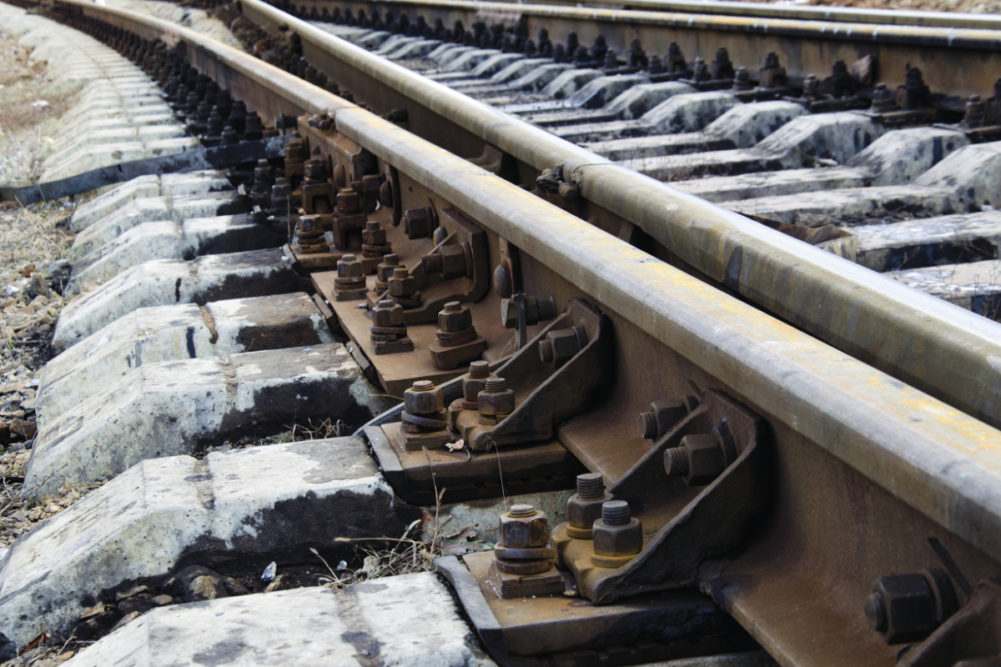WASHINGTON — The National Grain and Feed Association (NGFA) asked the federal Surface Transportation Board (STB) to require the United States’ largest railroads to provide additional information to rail customers so they can better verify the accuracy of carriers’ demurrage bills.
In a June 5 statement the NGFA emphasized that Class I railroads’ invoices for demurrage and accessorial charges are frequently inaccurate, causing rail customers to investigate and challenge them.
“Railroads generally have placed the sole burden on their customers to prove demurrage and accessorial charges (which generally are computer-generated based solely on train movement data) are not accurate or valid,” the NGFA wrote. “Further, railroads have given themselves sole discretion to reject or modify an invoice that is subject to challenge” from a rail customer.
Through the imposition of demurrage charges Class I rail carriers each generate millions of dollars each year, according to the association, citing data submitted to the STB.
Demurrage is designed to facilitate the efficient utilization of rail equipment, including locomotives, cars and track controlled by both railroads and their customers. In reality, agricultural shippers and receivers own or lease more than 80% of rail cars and virtually 100% of tank cars.
“However, demurrage charges are non-reciprocal in that they are assessed only by railroads against customers that do not load or unload cars within strict time limits imposed by carriers, often 24 hours or less,” the NGFA said. “In many cases, the association has documented, the delays are attributable to lack of performance by railroads, including late placement of trains at facilities or so-called ‘bunching’ of cars in quantities that exceed what the agricultural facility has requested or can load or unload efficiently.”
In its statement, the NGFA supported the STB requiring railroads to provide additional specific minimum information to facilitate rail customers’ review of the accuracy of demurrage invoices. The association also recommended further information should be submitted by carriers, including the billing cycle covered by the demurrage invoice; the original estimated date and time of arrival of each car; the date and time the cars are actually placed for loading or unloading at the facility, as well as the date and time the cars are empty and ready to be pulled from the facility; and information on dates the cars were scheduled to be switched into a facility from a rail yard or interchange point.
The NGFA also supported a requirement that the billing information provided by railroads to their customers be in a commonly used machine-readable format and that the railroad provide a “concise explanation” of how each charge was calculated and the specific reasons for why it was being assessed.
In addition, the NGFA recommended that railroads be required to inform the STB in writing of the specific steps each takes to ensure the accuracy of their invoices, with the agency making those reports publicly available on its website.
Finally, the NGFA suggested that the STB’s Office of Rail Customer and Public Assistance create a portal on its website that rail customers could use to report incidents of erroneous invoices generated by railroads to facilitate transparency and the agency’s monitoring function.
“NGFA believes the (STB) should communicate directly with senior management of any Class I carrier that exhibits a pattern of repeatedly generating inaccurate billings to discuss and determine corrective actions that should be taken,” the NGFA said.






